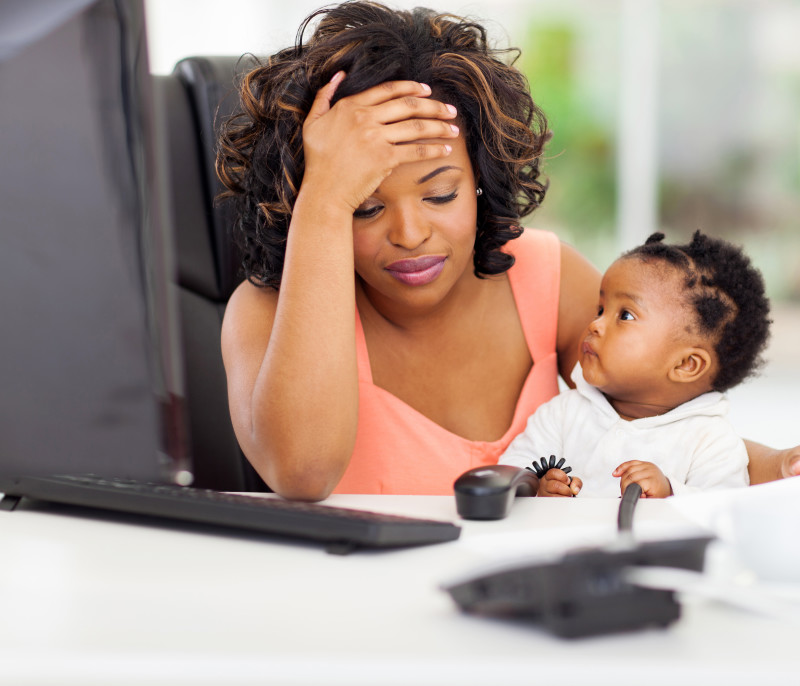Normally, you sleep like a log. You get into bed, fall asleep, and wake up the next morning refreshed. Now that you are pregnant, you are probably having sleep problems. Problems like trouble falling asleep, waking up in the night, daytime sleepiness and tiredness, leg cramps or restless legs, having to get up to pee, inability to get comfortable, indigestion, or a multiple choice from this list. According to the National Sleep Foundation, 78% of women said they had sleep problems during their pregnancies.
Sleep problems during pregnancy tend to be worse during the first and third trimester, but for different reasons. As with many of the changes of pregnancy, you can blame hormones. In early pregnancy, increasing progesterone levels can make you sleepy during the day and also make it harder for you to fall asleep at night. Hormones are also the reason why you might start having to wake up to pee during the night. They also relax your muscles so that you start snoring, which can also drag your sleep quality down.
You may experience restless legs, an odd condition in which you have odd itchy or jittery feelings in your legs. Restless leg syndrome makes you toss and turn to try to ease the odd feelings in your legs. This not only interferes with your sleep, it wrecks your bed partner’s rest.
In your last months of pregnancy, your sleep problems are often due to your growing baby and the changing shape and weight of your body. Your uterus is pressing your stomach upward, causing reflux, and pushing down on your bladder, making you need to urinate more frequently. Simply finding a comfortable position for sleep may have you tossing and turning in bed.Again, unhappy you and unhappy partner.
Both early and late in your pregnancy, anxiety can interfere with your sleep and cause insomnia. Pregnancy is a big change and it is natural to worry about your baby, your life, and your upcoming delivery. You worry and can’t get to sleep or you may have weird dreams once you do fall asleep.
Ways to Get Better Sleep
There are ways that you can minimize your sleep problems:
- Make getting a good night’s sleep a priority. Schedule your shuteye time!
- Get some exercise each day, unless your doctor has told you not to.
- If you are having nighttime indigestion or reflux, don’t eat anything for several hours before you go to bed and avoid spicy or greasy food. If reflux is a problem, sleep with your head and upper body elevated.
- If waking up with a full bladder is interrupting your sleep, try not to drink anything for an hour or two before bedtime. However, make sure you drink enough fluids, but earlier in the day. Also, if you can, use a nightlight in your bathroom so that a bright light won’t wake you up completely.
- Don’t sleep on your back. The weight of the baby can interfere with blood circulation, put a strain on your back, and aggravate indigestion. Lie on your left side with your knees and hips bent. Use pillows to help support your abdomen. Placing a pillow between your knees can also help you maintain a more comfortable position.
- Take naps during the day if you are very sleepy and tired, but try not to nap too close to bedtime because this might interfere with your falling asleep.
- Try listening to relaxing music or meditation tapes in bed.
- Do not take any sleeping pills or anything without asking your doctor or midwife first.
In most cases, sleep problems during pregnancy go away when the baby is born. Of course, then they are exchanged for completely different reasons for sleepless nights.


